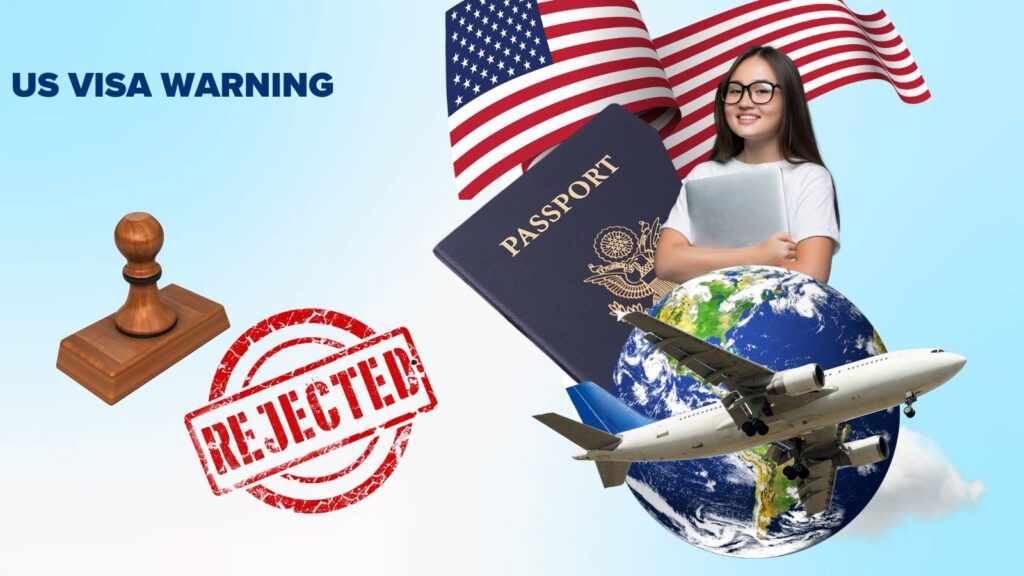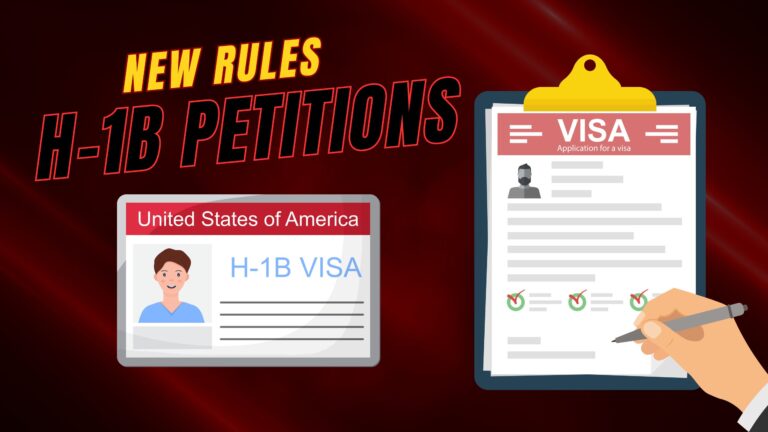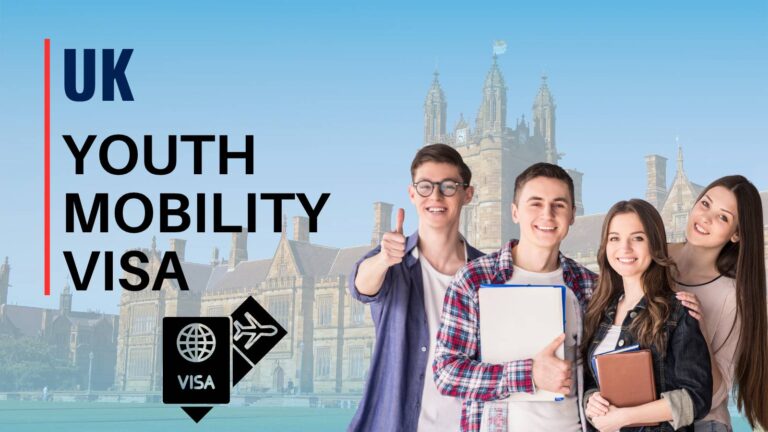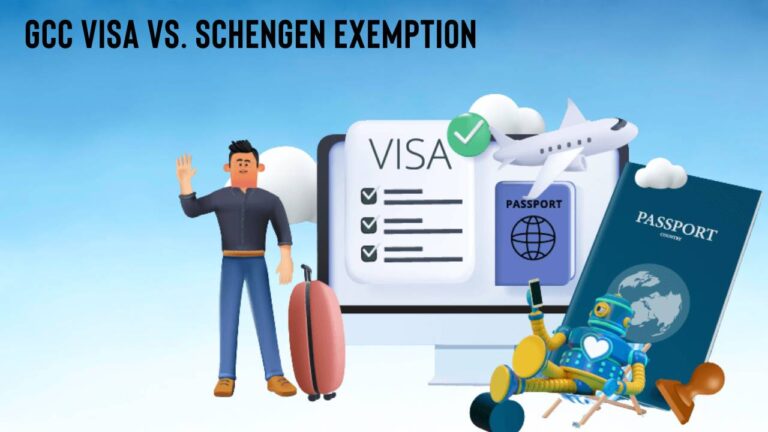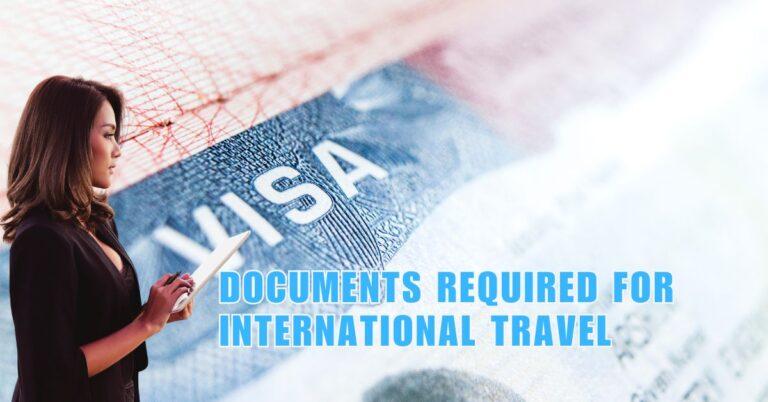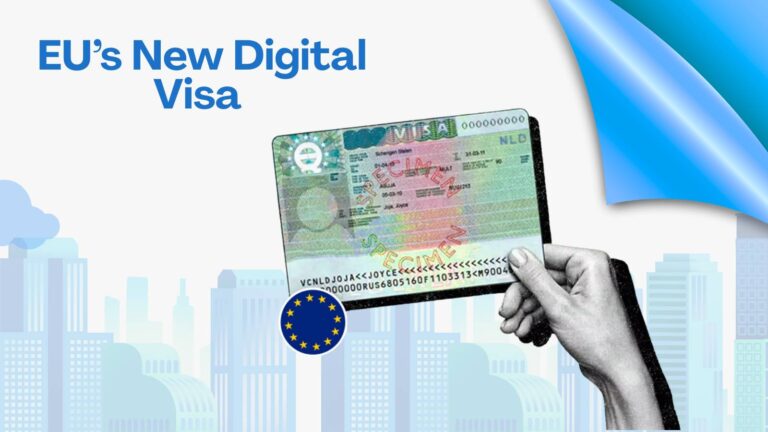U.S. student visa process in 2025 has become more demanding than ever, prompting a critical US visa warning international students must take seriously. With higher rejection rates, stricter financial scrutiny, and tougher interview standards, applicants need to be fully prepared—not only to secure approval but also to maintain compliance once they arrive.
This article breaks down every essential aspect of the process, from understanding visa categories and avoiding common application mistakes to preparing a strong case, staying compliant with regulations, and adapting to recent policy changes. Whether applying for the first time or already studying in the U.S., these expert insights will help you navigate the system confidently, protect your legal status, and avoid costly setbacks.
Why This Visa Warning Matters for International Students
The U.S. Department of State and immigration authorities have issued a US visa warning for international students, citing a notable increase in visa denials and post-arrival compliance violations in recent months. This warning follows a series of policy adjustments and procedural changes in the student visa process that have tightened application scrutiny and raised the importance of strict adherence to immigration rules.
Recent data from several U.S. consulates shows a rise in rejection rates for student visa applicants, particularly in cases where documentation was incomplete, interview answers lacked clarity, or evidence of strong ties to the home country was insufficient. Officials have stressed that securing a U.S. student visa now requires not only a complete and accurate application but also ongoing compliance with immigration regulations after arrival. The warning aims to help students avoid the legal, academic, and personal consequences that come with violations, ensuring they can complete their studies without interruption.
Understanding the US Student Visa Process
The U.S. student visa process is a structured system designed to ensure that individuals entering the country for academic purposes meet specific eligibility requirements. Students apply for one of three primary visa categories:
- F-1 Visa – Issued to individuals enrolling in accredited academic institutions or English language training programs.
- J-1 Visa – Granted to exchange visitors participating in study-based or work-based exchange programs.
- M-1 Visa – Assigned to students enrolled in vocational or technical training programs.
Applicants must first secure admission to a U.S. Department of Homeland Security-approved institution, which will issue a Form I-20 (for F-1 and M-1) or DS-2019 (for J-1). Following this, the applicant must complete the DS-160 form online, pay the visa application fee, schedule and attend a visa interview, and provide proof of financial capability to cover tuition and living expenses for the entire course of study.
Consular officers review each case individually, and decisions are based on the credibility of the application, the applicant’s academic intent, and compliance with U.S. immigration law.
Common Reasons for US Visa Rejections
The US visa warning international students are receiving emphasizes the importance of understanding the causes behind frequent visa denials. A significant percentage of rejections stem from documentation errors, including incomplete DS-160 forms, mismatched information between forms and supporting documents, and missing financial records.
In many cases, applicants fail to demonstrate sufficient financial stability. U.S. consular officers require evidence that students can pay for their entire program of study without relying on unauthorized employment. Bank statements, scholarship letters, and affidavits of support must be recent, verifiable, and sufficient to meet tuition and living costs.
Another common reason for refusal is the inability to prove strong ties to the home country. Consular officers assess whether the applicant has compelling reasons to return after completing their studies, such as family obligations, property ownership, or a clear career plan. Weak responses during the visa interview can raise doubts and lead to a denial. Past immigration violations, such as overstays or unauthorized work in the U.S., also weigh heavily against an applicant and often result in immediate refusal.
Preparing a Strong Visa Application
A successful student visa application requires comprehensive preparation. Applicants should begin by gathering all required documents well before their interview date. These include the I-20 or DS-2019 form, admission letter, valid passport, recent photographs meeting U.S. visa specifications, SEVIS payment confirmation, and complete financial documentation.
Presenting a clear academic plan is equally important. Consular officers look for evidence that the applicant has carefully chosen a program that aligns with long-term professional goals and that they understand the relevance of studying in the United States. Students should prepare to explain their choice of university, course of study, and how the program supports their intended career path in their home country.
Interview preparation plays a critical role in the approval process. Applicants should practice answering questions about their academic plans, funding sources, and post-study intentions. Confidence, consistency, and accuracy in responses help build credibility during the interview.
Staying Compliant After Receiving Your Visa
The US visa warning international students have received also highlights that compliance does not end once the visa is issued. Maintaining legal status while studying in the U.S. requires ongoing attention to immigration rules.
Students must remain enrolled in a full course load each semester unless they receive official authorization from their Designated School Official (DSO) for a reduced course load due to valid reasons such as medical conditions or academic difficulties. Any changes to the program of study, address, or financial situation must be reported promptly to the DSO, who updates the SEVIS record.
Employment regulations for international students are strict. Unauthorized work, even for a short period, is a serious violation that can lead to visa revocation and removal from the country. Students may only work under authorized programs such as on-campus employment, Curricular Practical Training (CPT), or Optional Practical Training (OPT), and only within the approved limits.
Consequences of Non-Compliance
Non-compliance with U.S. student visa conditions carries severe consequences. Students who drop below the required course load without approval risk having their SEVIS record terminated, which results in immediate loss of legal status. Visa revocation can occur without warning, leaving students unable to re-enter the U.S.
In cases of serious violations, students may face deportation and future re-entry bans of three, five, or ten years, depending on the severity and duration of the violation. These penalties not only disrupt academic progress but also limit future opportunities for travel, work, or further study in the United States. A violation record can also negatively influence applications for visas in other countries, as many immigration systems share data.
Recent US Policy Updates Affecting Students
Recent policy changes have prompted the US visa warning international students are now heeding. Processing times for student visas have lengthened due to additional background checks and document verification measures. This means students must apply as early as possible to avoid delays that could cause them to miss program start dates.
Financial scrutiny has increased, with consular officers requesting more detailed evidence of tuition and living expense coverage for the entire program duration. Additionally, changes to Optional Practical Training (OPT) and Curricular Practical Training (CPT) require stricter alignment with a student’s field of study, with closer monitoring to prevent misuse.
Expert Tips to Avoid Rejection and Maintain Status
Immigration specialists recommend that students stay informed about regulatory changes throughout their academic program. University international offices remain the primary point of contact for compliance matters, offering guidance on maintaining legal status and applying for authorized work opportunities.
Legal experts advise students facing complex situations—such as needing to extend their visa, change academic programs, or address past violations—to seek professional immigration counsel before taking any action. Timely consultation can prevent errors that could result in status loss or future visa ineligibility.
Students who prepare thoroughly, follow the rules consistently, and remain proactive in addressing potential issues are far more likely to complete their studies successfully and without legal complications. Compliance is not just about meeting visa requirements; it is about safeguarding the opportunity to learn, grow, and contribute within one of the world’s most respected educational systems.
FAQs
1. What does the recent US visa warning for international students mean?
The recent US visa warning international students have received indicates that U.S. consular officers are applying stricter scrutiny to visa applications and post-arrival compliance. It highlights the need for complete documentation, truthful interview responses, proof of strong home-country ties, and ongoing adherence to immigration regulations while studying in the United States.
2. Why are more student visas being rejected in 2024?
Student visa rejections have increased due to incomplete forms, insufficient financial proof, unclear academic plans, weak home-country ties, and poor interview performance. The US visa warning international students emphasizes that even small errors or inconsistencies in the application can lead to a refusal.
3. Which types of student visas are affected by this warning?
The warning applies to all U.S. student visa categories—F-1 (academic programs), J-1 (exchange visitors), and M-1 (vocational programs). Each category has specific eligibility requirements, but the US visa warning international students underscores that compliance rules are equally strict across all types.
4. How can I avoid rejection when applying for a U.S. student visa?
To avoid rejection, applicants should ensure every form is accurate, provide updated financial documentation, prepare thoroughly for the interview, and clearly explain their academic and career plans. The US visa warning international students urges applicants to submit their applications early to avoid last-minute errors.
5. What happens if I violate my student visa conditions?
Violating visa conditions—such as dropping below full-time enrollment, working without authorization, or failing to report address changes—can result in visa revocation, deportation, and future re-entry bans. The US visa warning international students stresses that compliance after arrival is as important as securing the visa itself.
6. How have recent U.S. policy changes impacted student visas?
Recent changes include longer processing times, stricter financial verification, and tighter rules for Optional Practical Training (OPT) and Curricular Practical Training (CPT). According to the US visa warning international students, these updates mean applicants must be more thorough and proactive when preparing their applications.
7. Can I work while on a student visa in the U.S.?
Yes, but only under authorized programs like on-campus employment, CPT, or OPT, and within the limits approved by the Designated School Official (DSO). The US visa warning international students points out that unauthorized work is one of the most common violations leading to visa cancellation.
8. How can I prove strong ties to my home country during the visa interview?
Strong ties can be demonstrated through family commitments, property ownership, ongoing employment offers, or clear career plans that require returning home. The US visa warning international students emphasizes that failing to prove these ties often leads to visa denial.
9. When should I apply for my U.S. student visa to avoid delays?
It is recommended to apply at least three to six months before the program start date to allow for processing delays and additional document verification. The US visa warning international students advises applying early, as recent policy changes have lengthened review times.
10. Who can help me stay compliant with my visa conditions after arrival?
The best resources are the international student office at your university, your DSO, and licensed immigration attorneys. The US visa warning international students advises staying in regular contact with these sources to ensure all requirements are met throughout your studies.
